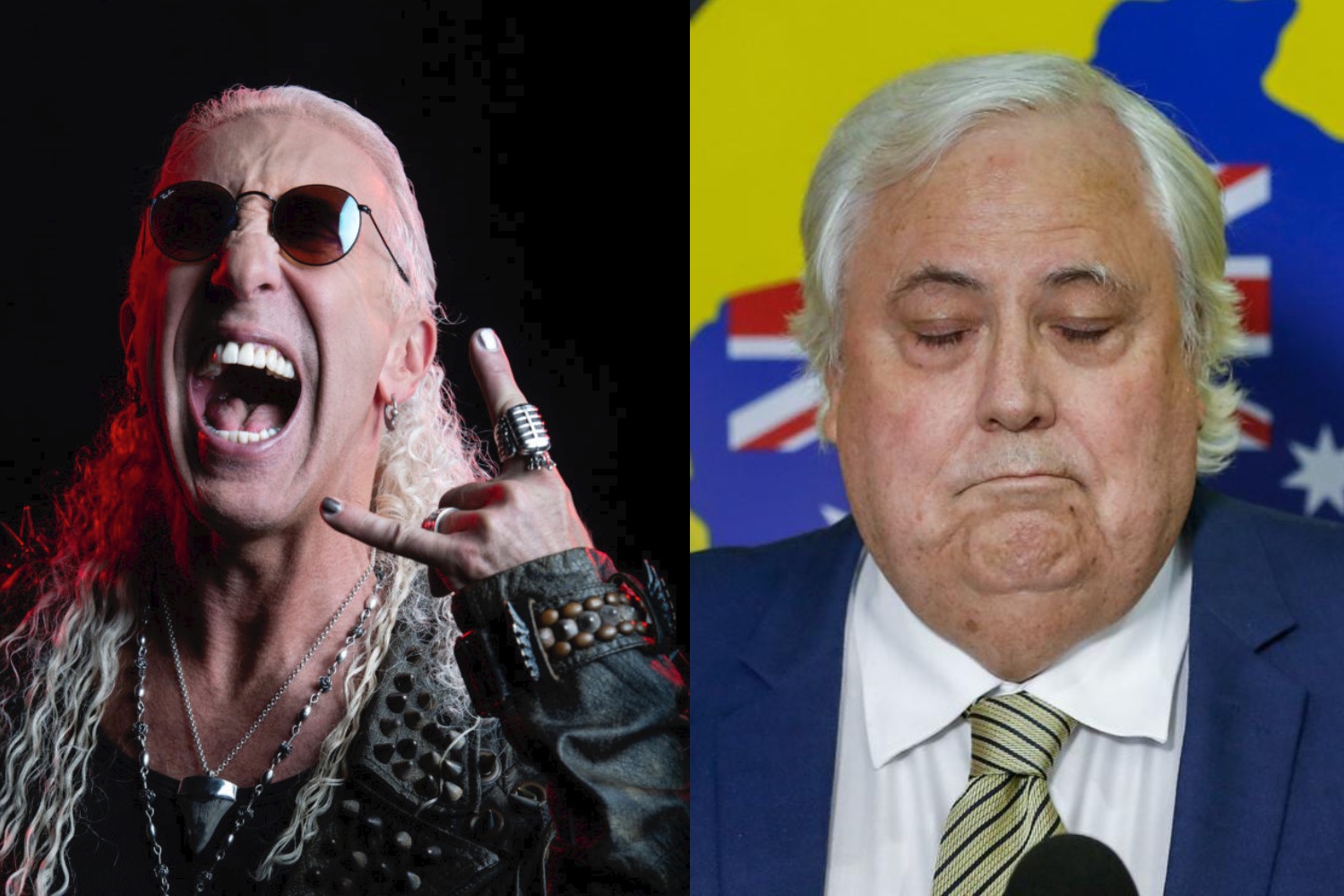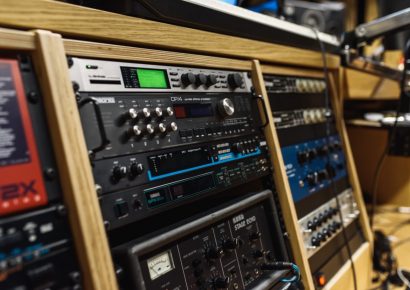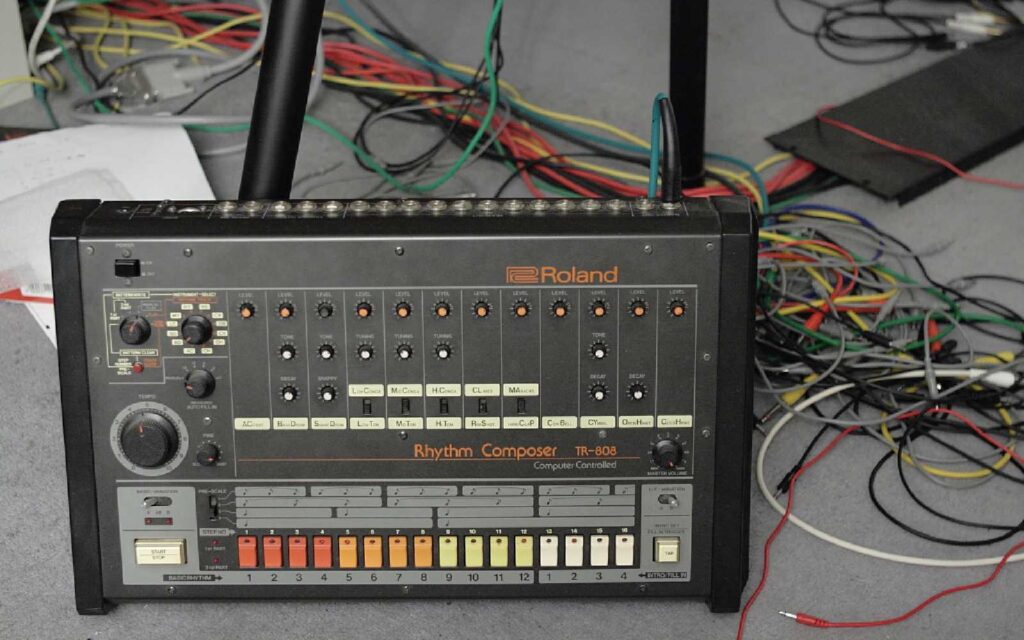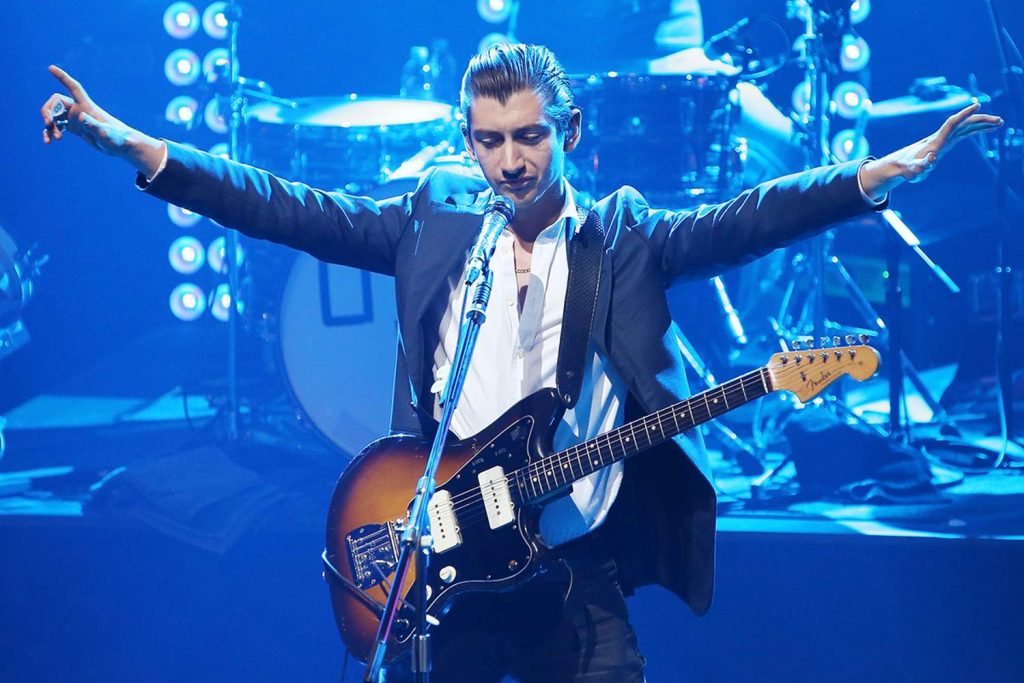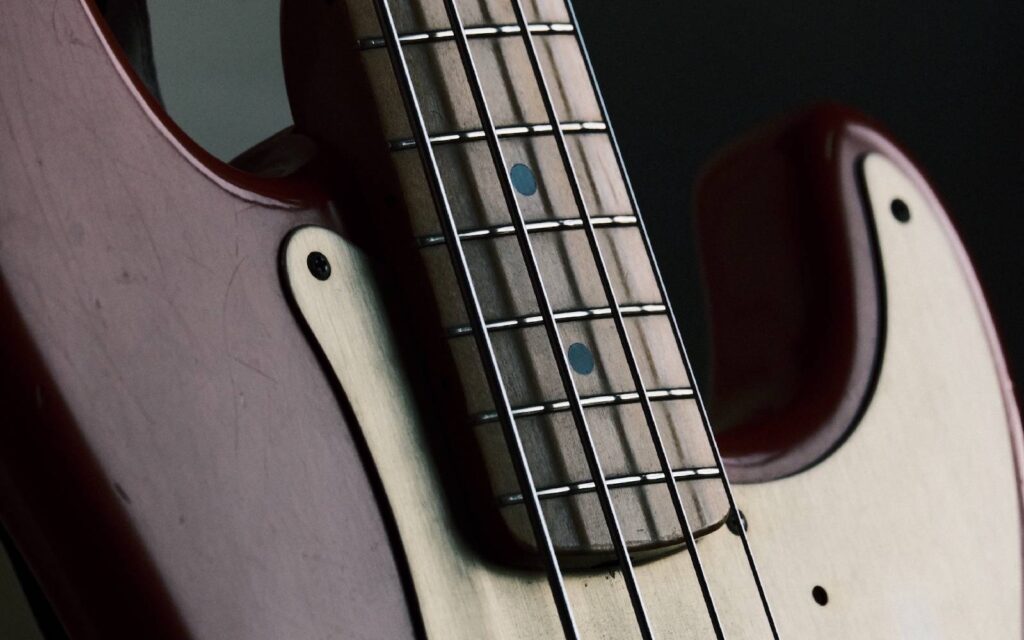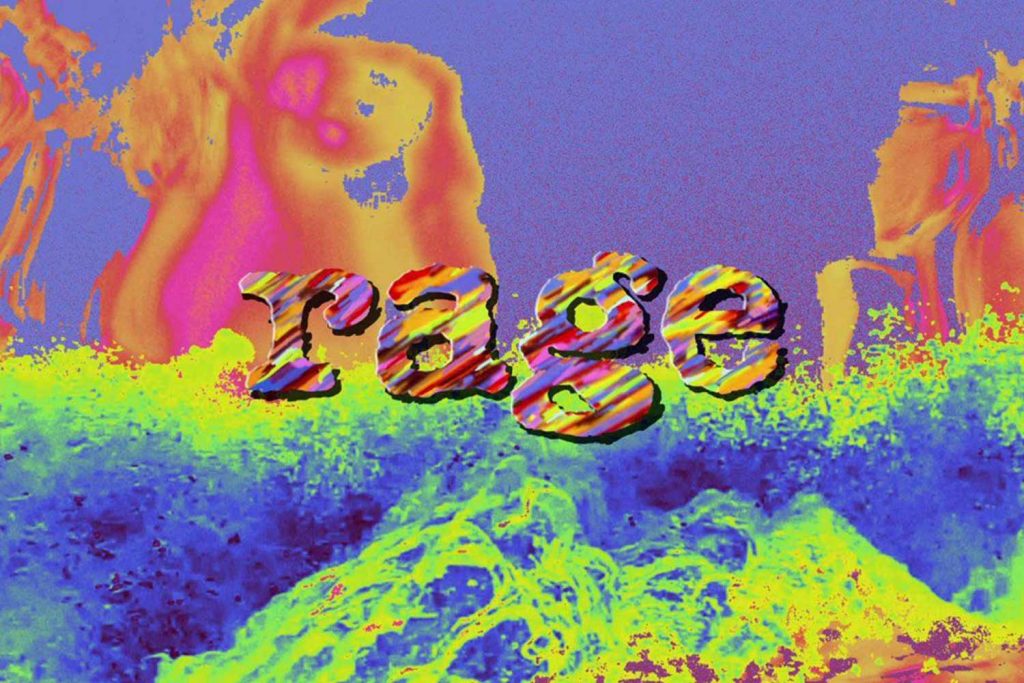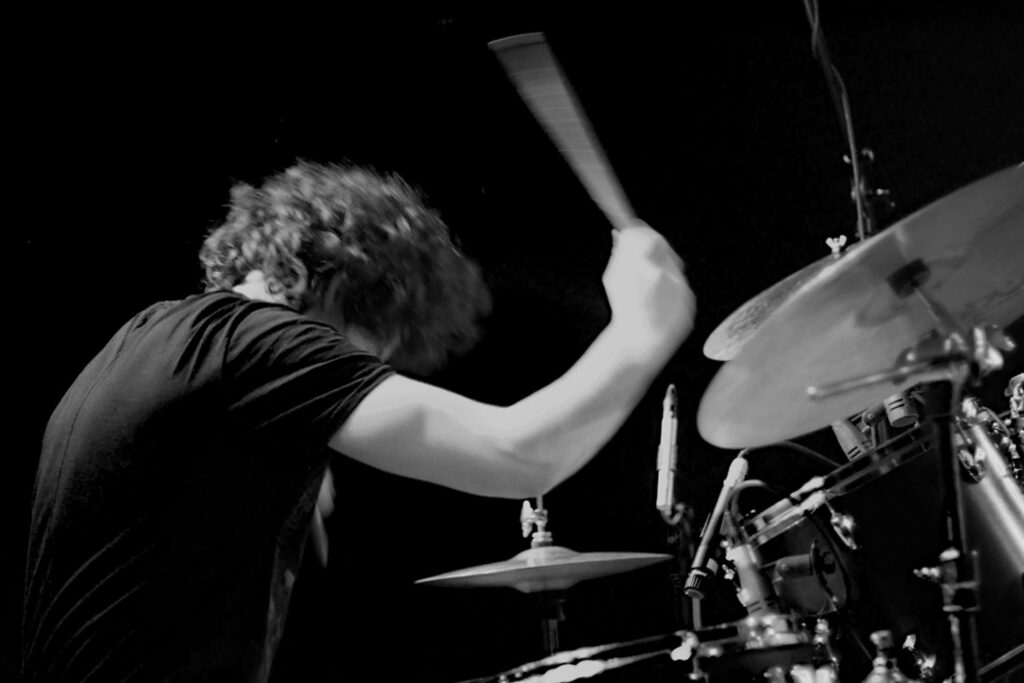From Twisted Sister and Adele through to Eminem, we dive head on into the legal system today.
We all know that politics tends to be a touchy subject among most people, but when music gets trapped up in political messaging, things only ever tend to get messy.
From the many musicians who’ve butted heads with Donald Trump through the New Zealand National Party ripping off Eminem and the most recent laughable incident involving Clive Palmer and Twisted Sister, read on to find out more about the musicians who’ve beefed with politicians over them using their music.
Read all the latest interviews, columns and features here.
Twisted Sister versus Clive Palmer
Controversial Australian businessman and would-be politician Clive Palmer has just lost the years-long copyright case with Twisted Sister with his political ad ‘Aussie’s Not Gonna Cop It’ when he ripped off Twisted Sister’s hit ‘We’re Not Gonna Take It’.
At the Federal Court on April 30, Palmer was ruled guilty of infringing the copyright of both the music and lyrics of the song and is now set to pay $1.5 million.
Justice Anna Katzman said Palmer “gave false evidence, including concocting a story to exculpate himself, indicating that the need for both punishment and deterrence is high.”
In 2019 the ad aired for the federal election with the rewrite of the lyrics “we’re not gonna cop it”, in place of the original hook. Twisted Sister’s lead singer, Dee Snider claimed Palmer knew about the licensing fees with the song, but he ignored them.
In 2019, Dee called Palmer’s ad a “blatant rip-off” on Nine Network’s The Today Show, saying that “he’s [Palmer] stealing my music, he’s refusing to pay the royalties he’s supposed to pay to use it in a commercial campaign.”
.@deesnider hits out at Clive Palmer over his “blatant rip-off” of 1980’s hit ‘Not Gonnna Take It’. #9Today pic.twitter.com/5Fosy0LrF6
— The Today Show (@TheTodayShow) January 29, 2019
Palmer had claimed the lyrics for the ad came to him while anticipating the upcoming federal election at the time. He was accused of lying when he claimed the lyrics had nothing to do with ‘We’re Not Gonna Take It’, but instead his version of the song was inspired by a similar line in the movie ‘Network’.
“I wrote the words personally that appeared on our promotion and hold the copyright for those words,” he said. But he couldn’t provide the notepad with the idea of the lyrics as he claimed it was thrown out by his staff.
Not only does Clive Palmer have to pay the $1.5 million, but he was also told to pay legal costs and remove all the copies of his song and the ad from the internet.
HALLELUJAH!! Just found out that the copyright infringement of “We’re Not Gonna Take It” by “politician” Clive Palmer in Australia has been decided MAJORLY in favor of myself as writer and @UMG as publishers! WE’RE NOT GONNA TAKE COPYRIGHT INFRINGEMENT ANY MORE!!
— Dee Snider🇺🇸 (@deesnider) April 30, 2021
Guns N’ Roses, Rolling Stones, Adele, Queen and Neil Young versus Trump
When former POTUS Donald Trump was on the political campaign trail, he made good use of a number of tracks from different artists songs, many being without blessing or approval from their original songwriters.
Adele, Rolling Stones, Guns N’ Roses, Queen and many other artists have asked Trump to stop using their songs in his political campaigns. Though with a lot of these artists, even though Trump would stop, he’d end up using their song at another campaign again, meaning the artist had to chase him up to stop and, in some cases, led to the artist pursuing legal options.
Guns N’ Roses’ lead singer Axl Rose tweeted in 2018 saying, “Unfortunately the Trump campaign is using loopholes in the various venues’ blanket performance licenses which were not intended for such craven political purposes, without the songwriters’ consent.”
Axl tweeted this after Trump had used the bands song ‘Sweet Child Of Mine’ at an event, which they requested their music to not be used at Trump rallies or Trump associated events.
Trump’s campaigns used Adele’s ‘Rolling in the Deep’ and ‘Skyfall’ which Adele’s spokesman had said she “has not given permission for her music to be used for any political campaigning.”
Rolling Stones had threatened with legal action against Trump in 2020 from using their songs at his rallies. The band said “BMI have notified the Trump campaign on behalf of the Stones that the unauthorised use of their songs will constitute a breach of its licensing agreement.”
They further said if he doesn’t listen, he would face a lawsuit. In 2016 the Stones weren’t happy when Trump had used their ‘You Can’t Always Get What You Want’ at his events, which turned out to be one of the popular songs to be used.
Queen also ran into this issue with Trump in 2016 and 2020. In 2016, Trump had used ‘We Are the Champions’, which Queen responded to by saying they didn’t want their “music associated with any mainstream or political debate in any country.”
Later in 2020, Trump used ‘We Will Rock You’ for his campaign on his social media account, Triller (similar to TikTok). The band had asked for the video to be taken down immediately. Their spokesperson had said the band “continues to oppose and try block usage of their songs” to be used at any political event or campaign.
Last year, Neil Young filed a copyright infringement lawsuit against Trump’s campaign for the use of his songs ‘Rockin’ in the Free World’ and ‘Devil’s Sidewalk’.
Even though a few months later, Young dropped the lawsuit, he did not want his music to be “used as a ‘theme song’ for a divisive, un-American campaign of ignorance and hate.”
Though musicians will have a hard time successfully sue a politician for using their music at rallies, all they can keep doing is asking them to stop using their music. Perhaps until they can find their own loophole to successfully stop the use of their songs being used at these kinds of events.
John Mellencamp, ABBA and Foo Fighters versus John McCain
However, it wasn’t just Trump who was banned from using songs by unwilling artists at his rallies – John McCain had a lot of musicians asking him to stop using their songs as well.
McCain had played two of John Mellencamp’s songs at his rallies to highlight his Country First message. Mellencamp asked McCain to stop using his two songs ‘Out Country’ and ‘Pink Houses’, which a few days later McCain’s campaign said they would stop the use of these songs at events.
ABBA also sent McCain’s campaign a cease-and-desist letter to stop playing their hit ‘Take a Chance on Me’. Which they had followed the letter and their song was no long used at any rallies.
The Foo Fighters ‘My Hero’ was also used in McCain’s presidential run. The band said in a statement, “It’s frustrating and infuriating that someone who claims to speak for the American people would repeatedly show such little respect for creativity and intellectual property.”
A spokesman from the McCain campaign said the campaign had obtained and paid for licenses allowing them to play ‘My Hero’ and many other songs.
When McCain used Jackson Browne’s ‘Running on Empty’ in a 2008 ad mocking Barack Obama, Browne filed and won a lawsuit against him, earning an undisclosed cash settlement and forcing McCain to do a public apology for his misgivings.
Eminem versus the New Zealand National party
In 2017, Eminem had won a $600,000 copyright lawsuit after the New Zealand National party used his hit ‘Lose Yourself’ in an election campaign ad.
The court ruled that the National party’s 2014 election ad was “sufficiently similar” to Eminem’s song. In the high court ruling, Justice Helen Cull said, “Eminem Esque sounds like a copy and is a copy of Lose Yourself.”
Joel Martin, who was speaking on behalf of the publishers, said the party did not approach Eminem for permission. “We find it incredible that the National party went to such great lengths to avoid responsibility for using a weak rip-off … They knew we would not have permitted the use of the song in their political advertisement; however, they proceeded at their own risk,” Martin said.
The National party refused to pay the lawsuit and the party’s lawyer Greg Arthur appeared in court to argue the penalty was too harsh and the fee was not proportionate to the breach as the advertisement was only played in New Zealand.
The party successfully appealed the copyright damages and was cut down to $225,000 for the party to pay instead in 2018. Eminem’s publishers had also originally asked for more than $600,000, but the High Court rejected it.
Discover Australia’s most essential political protest anthems here.
